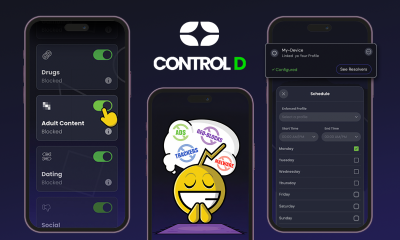Personal Finance
Dollar Scholar Asks: Why Can’t the Government Just Print More Money?
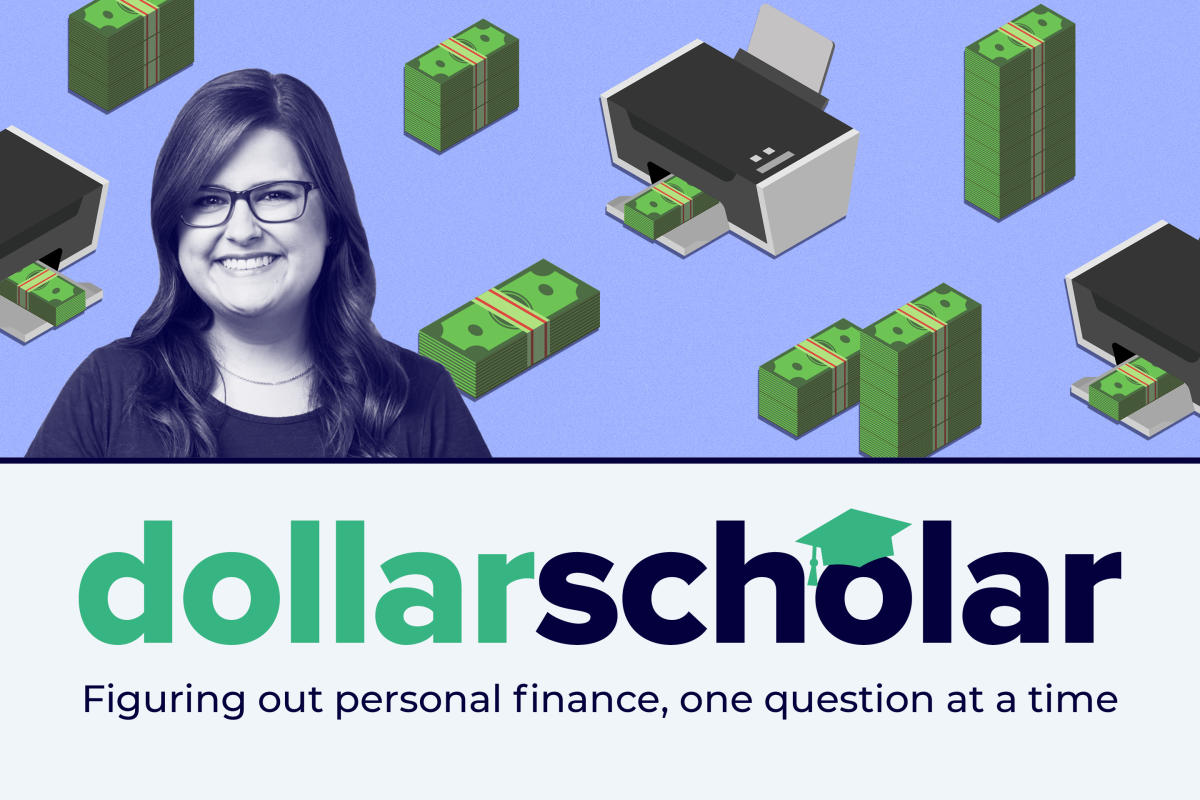
This is an excerpt from Dollar Scholar, the Money newsletter where news editor Julia Glum teaches you the modern money lessons you NEED to know. Don’t miss the next issue! Sign up at money.com/subscribe and join our community of 160,000+ Scholars.
Here at Dollar Scholar HQ (my apartment), we (I) firmly believe there are no stupid questions (because I ask them all the time). Remember when I was freaking out about going to jail for accidentally insider trading? Or worrying my future boyfriend will be broke? Or wondering if my Ocean Beauty personal checks worked the same as plain ones?
It’s with that nonjudgmental spirit that I endeavor today to answer one of the internet’s favorite financial questions: Why can’t we just print more money?
Things seem pretty dire right now. The United States has run up against its debt ceiling, which is the limit it’s allowed to borrow to finance its obligations. Treasury Secretary Janet Yellen keeps putting out increasingly dramatic statements about the impending “economic catastrophe,” and the Congressional Budget Office is warning that the government is set to “run out of cash sometime between July and September.”
Commenters online think they have the solution. If the government doesn’t have enough money, and the government is also in charge of making money, why doesn’t it simply… create more? Wouldn’t that fix the problem?
There are no stupid questions, so let’s find out.
Why can’t we just print more money?
“The answer, in one word, is inflation,” says Alan Cole, senior economic policy analyst at The Conference Board, a business-focused think tank. “[That’s] the binding constraint on governments, in the end, that keeps them from issuing gobs of currency and buying whatever they want with it.”
It goes back to supply and demand. Increasing the money supply by, say, $32 trillion only introduces $32 trillion more into the economy. It doesn’t magically conjure $32 trillion worth of goods.
More dollars chasing the same amount of goods would cause prices to spike — in a major way.
Sean Snaith, the director of the University of Central Florida’s Institute for Economic Forecasting, tells me that we’ve experienced a little of this recently: The government pumped money into the economy when the pandemic hit in 2020, and three years later inflation is still at 6.4%.
Look at increased rent, egg and car prices. Paying a bunch for basics is “not terribly pleasant,” Snaith says, and that’s nothing compared to what would happen with $32 trillion extra floating around.
Forget high inflation — we’d see hyperinflation, where prices could increase by millions of percentage points, Snaith says.
A scenario like this “grinds an economy to a halt. Prices don’t really function the way they should, and because money doesn’t hold its value, people don’t want to accept it as payment,” he says.
Hyperinflation isn’t just a scary story. It’s happened repeatedly throughout history. In 1923 Germany, hyperinflation got so bad that workers were paid multiple times a day so they could use their wages to buy groceries before prices went up. In 2018 Venezuela, a 5-pound chicken cost 14.6 million bolivars… which is the equivalent of roughly $2. In 2008 Zimbabwe, teachers earned trillions of dollars a month — but a single loaf of bread cost 300 billion.
“[Hyperinflation] essentially destroys the economy” and kills the value of paper currency, Snaith says. People resort to bartering, which can be disastrous.
Imagine wanting to eat a hamburger for dinner and having to find a butcher willing to trade for it.
There’s also the fact that the U.S. government wouldn’t print a ton of money. Cole points out that protecting the value of the dollar is something that we as a nation have specifically deemed important. Price stability is literally written into the mandate of the Federal Reserve, and the Treasury Department has similar restrictions.
“Neither the Treasury nor the Federal Reserve is really supposed to be going rogue and printing money in order to get us out of the debt ceiling standoff,” Cole says.
The reason? Surprise! It’s inflation.
“Anything you do that undermines the value of the dollar and goes around the systems we have in place to issue more currency runs into the possibility of creating more inflation,” he adds.
The bottom line
Printing more money is a non-starter because it’d break our economy.
“It would take care of the debt but at a price that’s far too high to pay,” Snaith says.
So what is going to happen with the debt ceiling? Snaith predicts that, after a few more weeks of infighting, lawmakers will eventually agree to raise the limit. Then it’s up to them to take a hard look at the government’s spending.
“The long-run solution to the debt, if we’re concerned about its magnitude, is to balance the budget,” he says.
Dollar Scholar
Still learning the basics of personal finance? Let us teach you the major money lessons you NEED to know. Get useful tips, expert advice and cute animals in your inbox every week.
Sign Up
More from Money:
Dollar Scholar Asks: How Should I Prepare for a Recession?
Are Social Security Payments at Risk if the U.S. Defaults on Its Debt?
‘Stock Prices Will Crater’ if the U.S. Defaults on Debt, Economist Warns
© Copyright 2023 Money Group, LLC. All Rights Reserved.
This article originally appeared on Money.com and may contain affiliate links for which Money receives compensation. Opinions expressed in this article are the author’s alone, not those of a third-party entity, and have not been reviewed, approved, or otherwise endorsed. Offers may be subject to change without notice. For more information, read Money’s full disclaimer.
Read the full article here

-
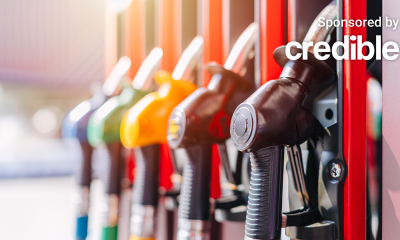
 Personal Finance7 days ago
Personal Finance7 days agoGas prices drop as demand for driving fizzles out: AAA
-

 Investing7 days ago
Investing7 days agoCrowdstrike CEO Responds to Causing Largest IT Outage in History
-

 Side Hustles7 days ago
Side Hustles7 days agoHow to Build A Startup, From an Early Lyft, Twitch Investor
-

 Passive Income7 days ago
Passive Income7 days agoThe Top 5 AI Tools That Can Revolutionize Your Workflow and Boost Productivity
-
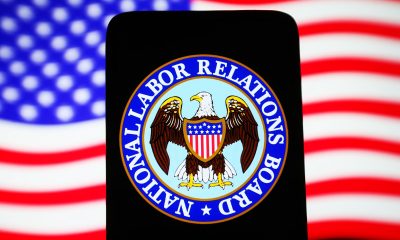
 Passive Income5 days ago
Passive Income5 days agoNLRB Drops Expanded Joint Employer Appeal
-

 Side Hustles7 days ago
Side Hustles7 days agoJake Paul: Mindset Hacks, Mike Tyson Fight, Embracing Fear
-
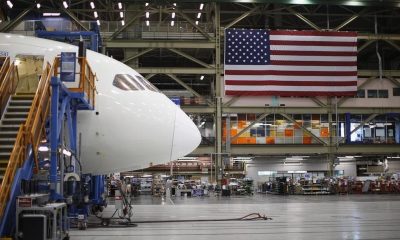
 Investing7 days ago
Investing7 days agoBoeing to supply E-7 in first major win since plea deal By Reuters
-

 Side Hustles6 days ago
Side Hustles6 days ago10 Effective Growth Marketing Strategies for Your Startup



